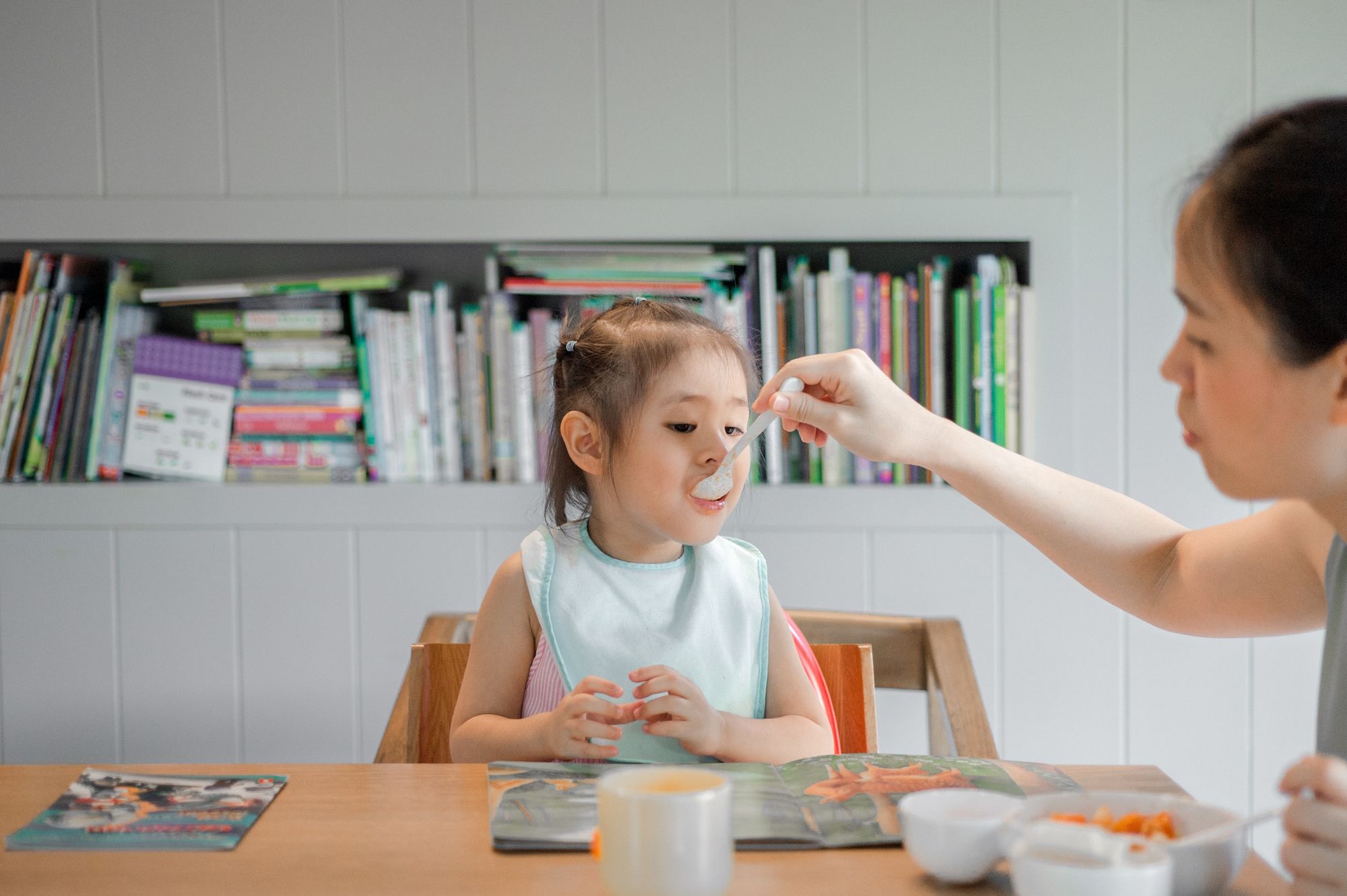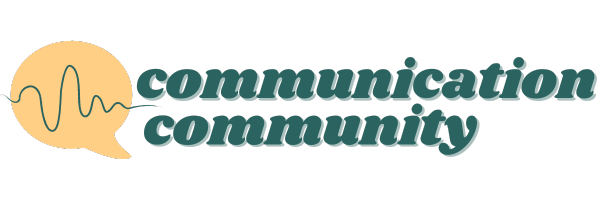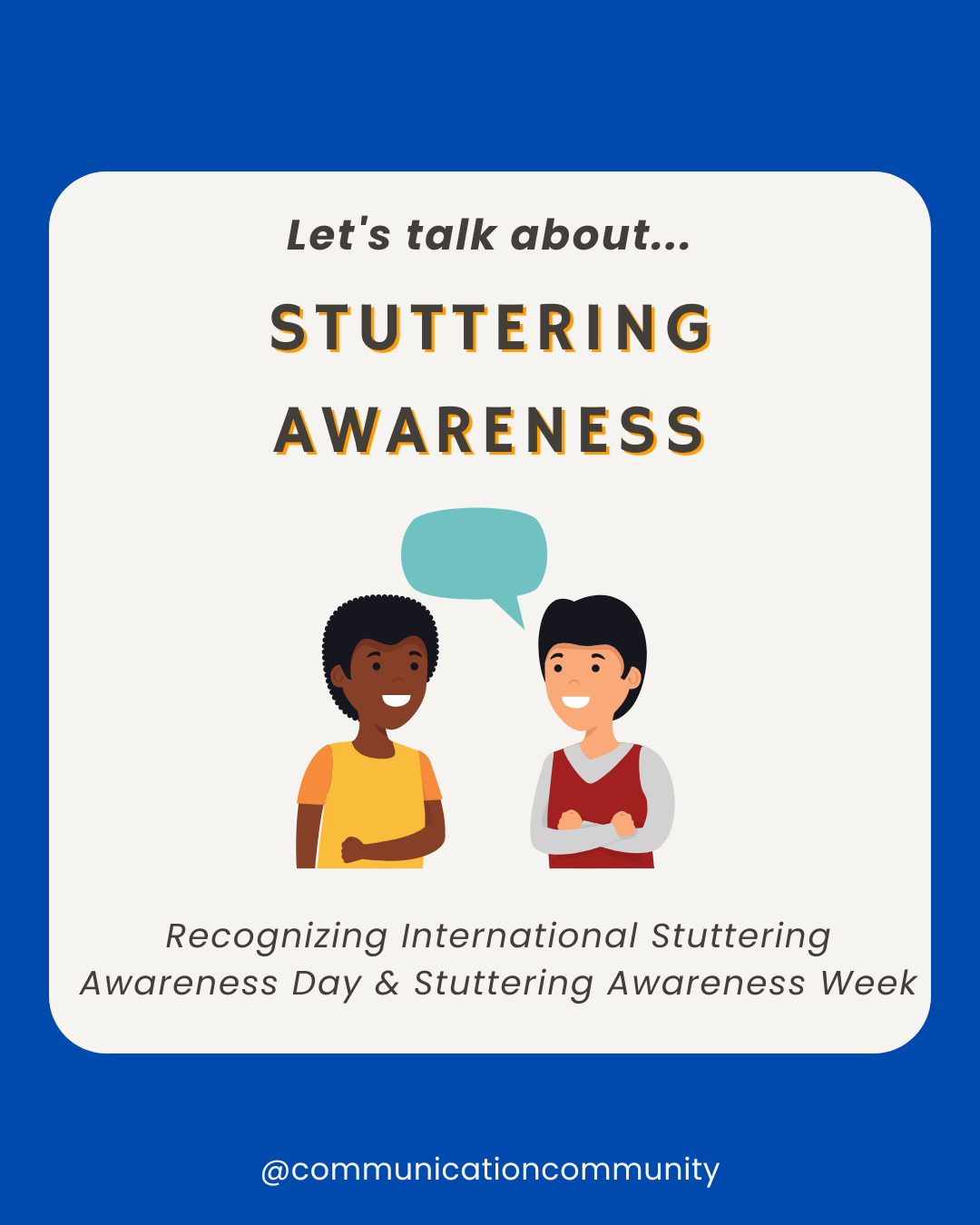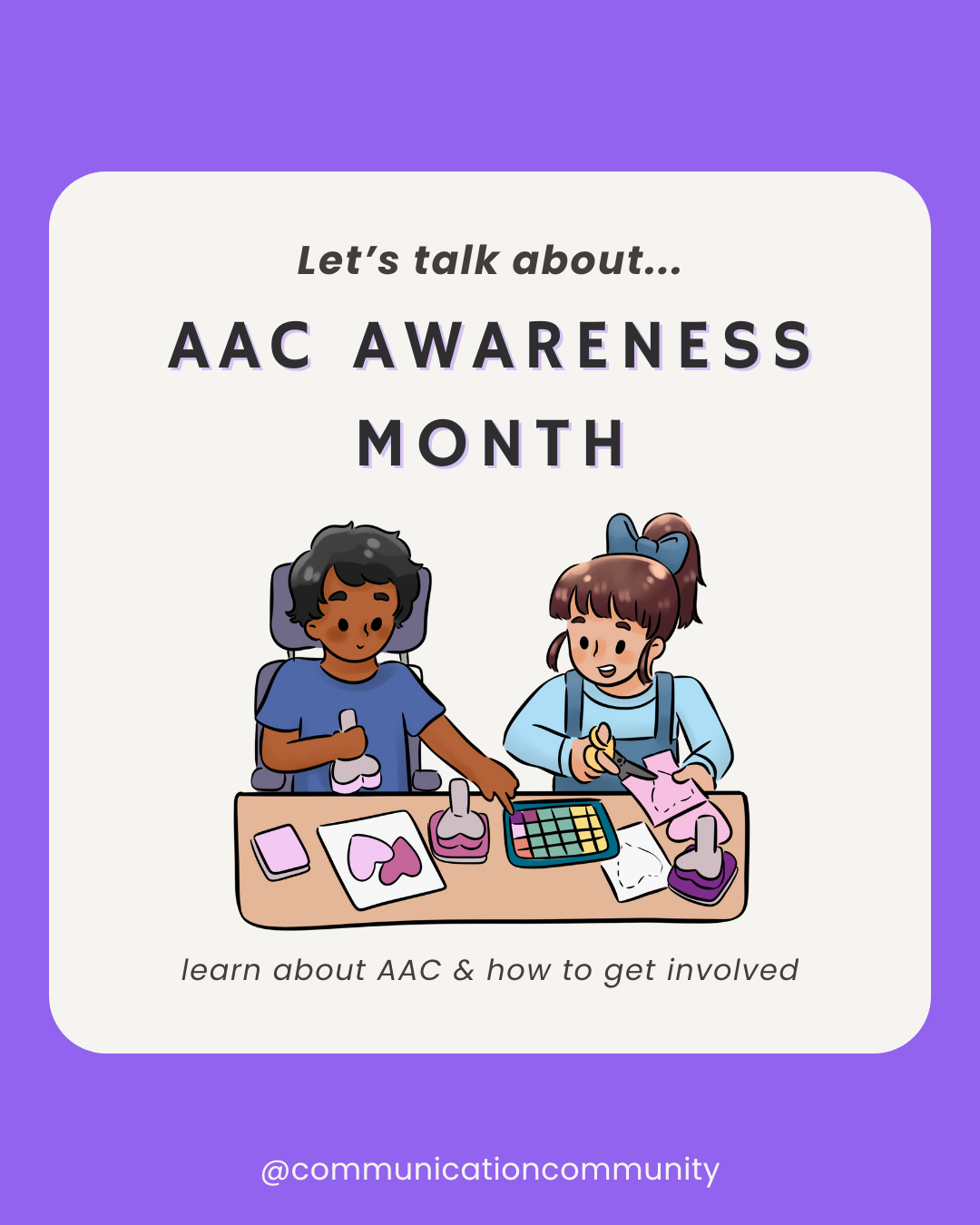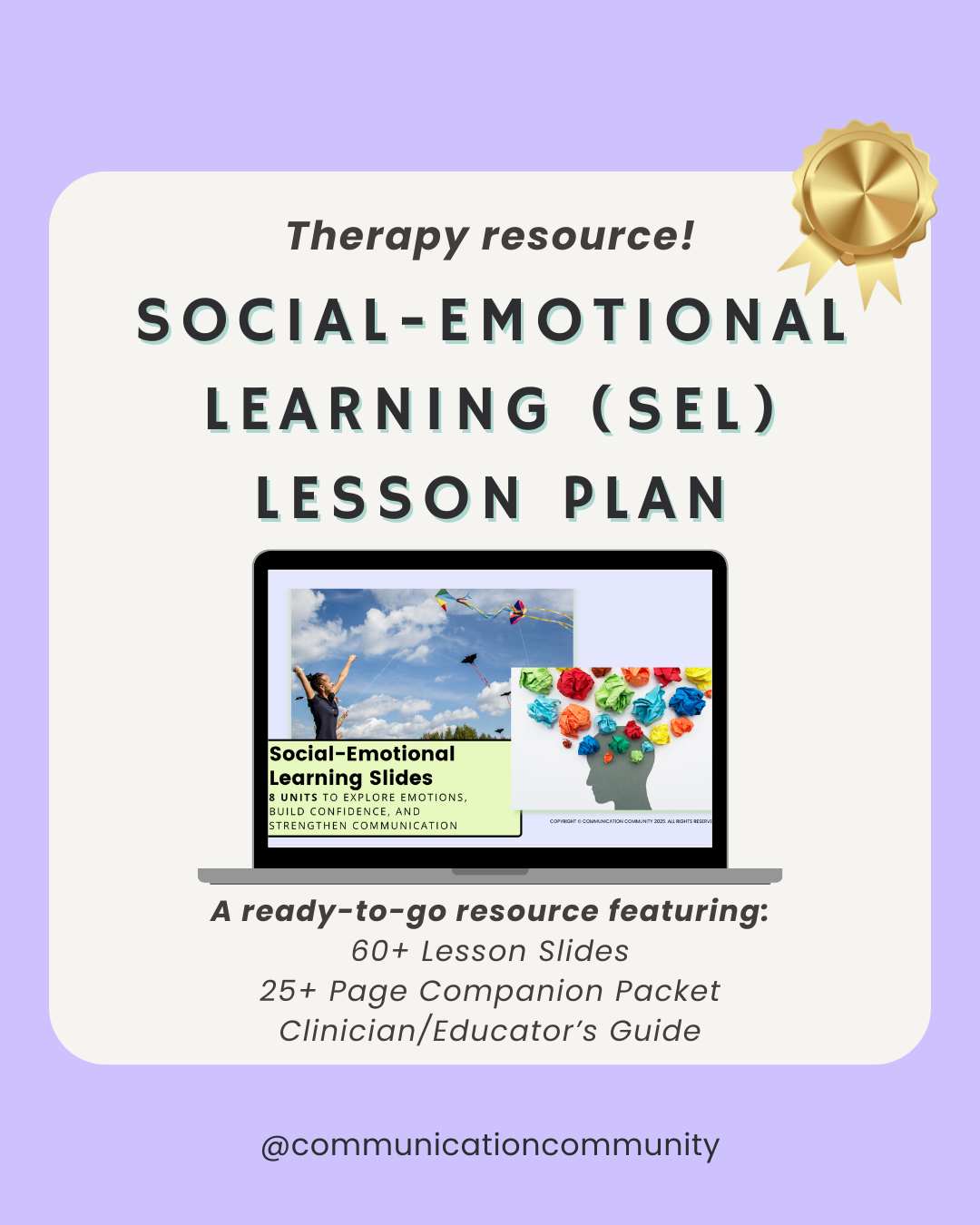Breakfast time is arguably one of my favorite parts of my day. For one, I love breakfast food. But also, I love this time because of the many communication opportunities there are around breakfast!
From sharing a meal with your family, to talking about what the day will look like, to requesting specific foods/drinks, there are so many ways to engage in communication with individuals during this meal.
Requesting
The most basic of these communication opportunities is requesting the food/drink options available. For example, you may ask if [person] wants water or milk, juice or hot cocoa. You may also have them request a spoon or napkin if they do not have such options. Instead of just handing them a bowl of cereal with a spoon, you may ask a direct question, such as, “Do you need a spoon?” or an indirect question, such as, “What else do you need?” This is an example of expressive language.
Following directions
Following 1-step to multi-step directions may be an important goal for your loved one. Preparing a simple breakfast can be a great way to have [person] work on these skills. For example, if you are going to make toast, you need to gather the supplies (bread, plate, butter, peanut butter, knife, etc). A 1-step direction would be, “Get a plate.” Once that step is complete, you may ask a second one, such as, “Get the bread out.” Multi-step directions would be, “Get a plate, bread, knife, and butter, then put the bread in the toaster.” This is an example of receptive language.

Planning transitions
While eating, you can discuss the next event after breakfast, or what to expect for the day. For some individuals, it is helpful for them to know what to expect to help them with their transitions. First, then sentences can be incredibly helpful when mentally sequencing information. You may say, “FIRST we are going to clean up, THEN get dressed. Or, you may say, “First you can play for 10 minutes, then it is time to leave for school/daycare/medical appointment.”
Social communication
Maybe none of those examples above could be applied to breakfast time in your house. Or maybe, you want more communication ideas! Never underestimate the positive benefits of engaging in social exchanges with others. Research has also shown the positive effects of shared mealtime with loved ones. You could talk about the food they are eating. You could talk about the day, month, upcoming holidays, etc. You could talk about what you are going to do that day - yay planning transitions! You could ask them about their current favorite toy, book, teacher, friend. This is an example of pragmatic language.
